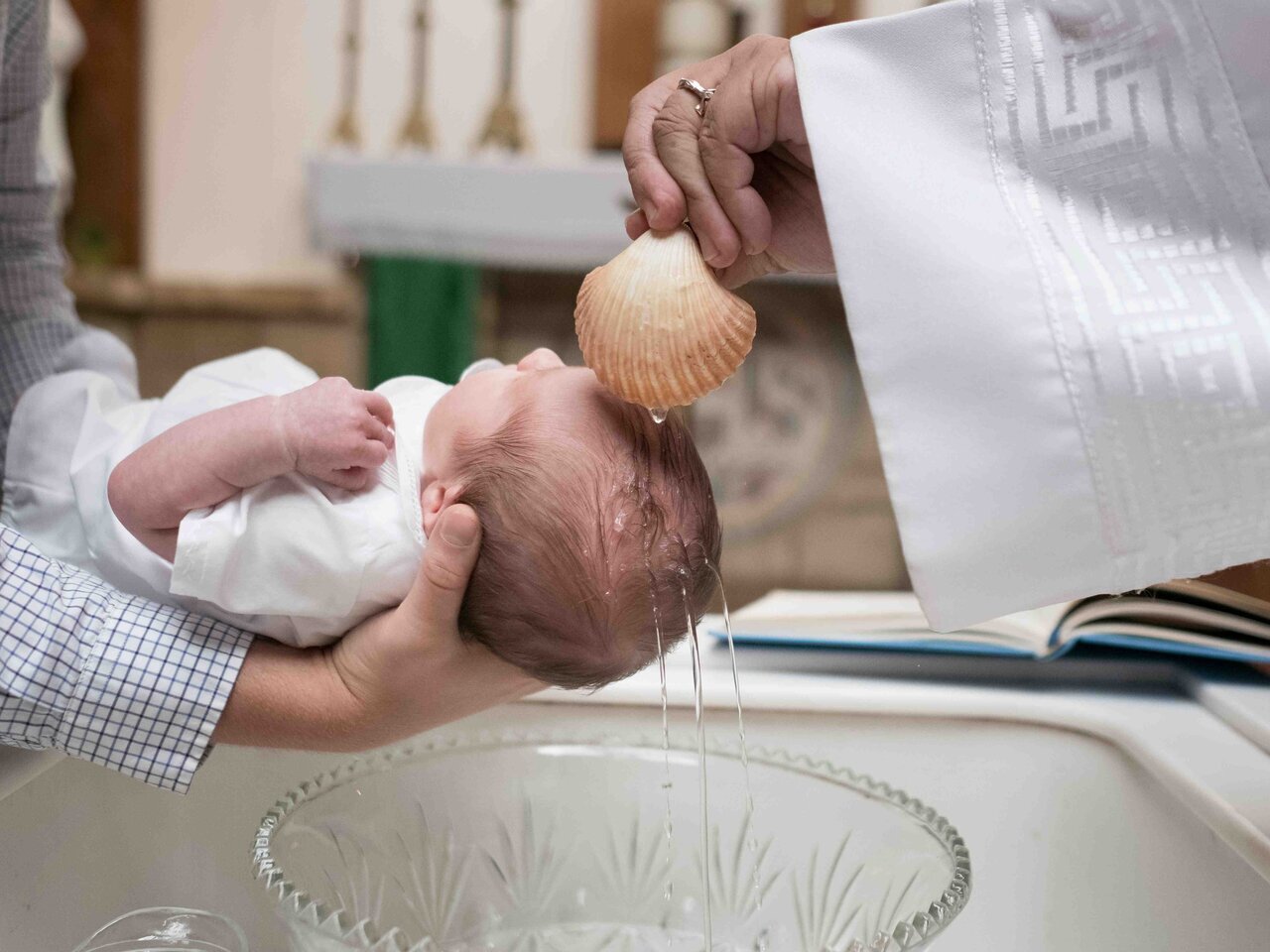Homily for the Feast of St Bernard
This homily was kindly shared by Fr Alex Clemente, Parish Priest of St Bernard’s, Bacchus Marsh and St Anthony of Padua, Melton South.
I honestly doubt being able to give enough justice to preach about the resplendent charisma of St Bernard of Clairvaux. I feel so little in contrast to his eloquent preaching. But I hope that my poor attempt gives you at least a glimpse of how gracious our patron is; a saint well revered throughout Europe and a spiritual master known as ‘doctor mellifluous’ widely quoted by many theologians and great writers in human history.
Bernard was born in 1090 in France and excelled in his early education. As a youth, he was well-loved by many—he was witty, attractive, and the depth of his character always shone. Gradually, the idea formed in his mind that he was to leave the world for life as a monk. At that time, a community of monks had recently formed a monastery nearby and lived a strict life together. Bernard wondered if he might be called to join them. One day, filled with anxiety about this decision, he went into a church and prayed that God would direct him to discover and follow Divine will. Deep in his prayer, he received the firm resolution to enter the monastery. His many friends tried to dissuade him, but in conversations with him, they suddenly discovered a desire to join him in giving their lives to prayer—even those who had never considered religious life before. Because of his influence, 31 men in all followed him into the monastery. Indeed, his eloquent appeals were irresistible.
Bernard entered the monastery wanting to disappear and be forgotten so as to only attend to God in solitude, silence and contemplation. After a few years, the abbot of the monastery, seeing his extraordinary abilities, asked him to found another monastery with a dozen other monks. His holiness and witness encouraged others to join, and soon 130 lived in the monastery in a valley that came to be known as Clairvaux. Healings and miracles began to be ascribed to him, including the restoration of the power of speech to a converted nobleman who was dying so that he could properly confess his sins. Bernard was sought after for his wisdom—princes and popes asked for his counsel in their affairs, and he struggled to meet the needs of those around him and still maintain a healthy prayer life, which he most desired. He never refused a challenge. Several times, upon the instruction of the pope, he went to settle disputes regarding heresies, false teachings and schisms or community divisions. He was known for his preaching, especially his commentary on the Song of Songs. Bernard’s Clairvaux community spawned many more monasteries—nearly 70— ranging as far as Ireland.
Bernard died in 1153 and has been declared a doctor of the Church, a title given to only 37 canonised saints who are known for exceptionally elucidating the faith by their words or example. St. Bernard was given the title Doctor Mellifluous—the “honey-sweet doctor”—for his eloquence in preaching and skills to convince people. St. Bernard of Clairvaux had words sweet as honey, and he used them to reinvigorate monasteries where men and women gave their lives to God in prayer. His unique charisma attracts people back to God. As we honour him today in this holy Mass, let us earnestly pray that our parish community here at Bacchus Marsh may be modelled after the harmony and charity of the monastery he founded at Clairvaux. Let us ask him to inspire us who are here to become instruments of bringing back to the Church our brothers and sisters in faith who have gone away. As we prepare to celebrate our 150th founding anniversary next year, let us continue to turn to our dear St Bernard for special graces coming from God. Amen.
Want to read more about St Bernard of Clairvaux?
Works by St Bernard can be found online here:
https://www.ccel.org/ccel/bern...
Historical Novel:
The Family That Overtook Christ, Raymond, Rev M.



